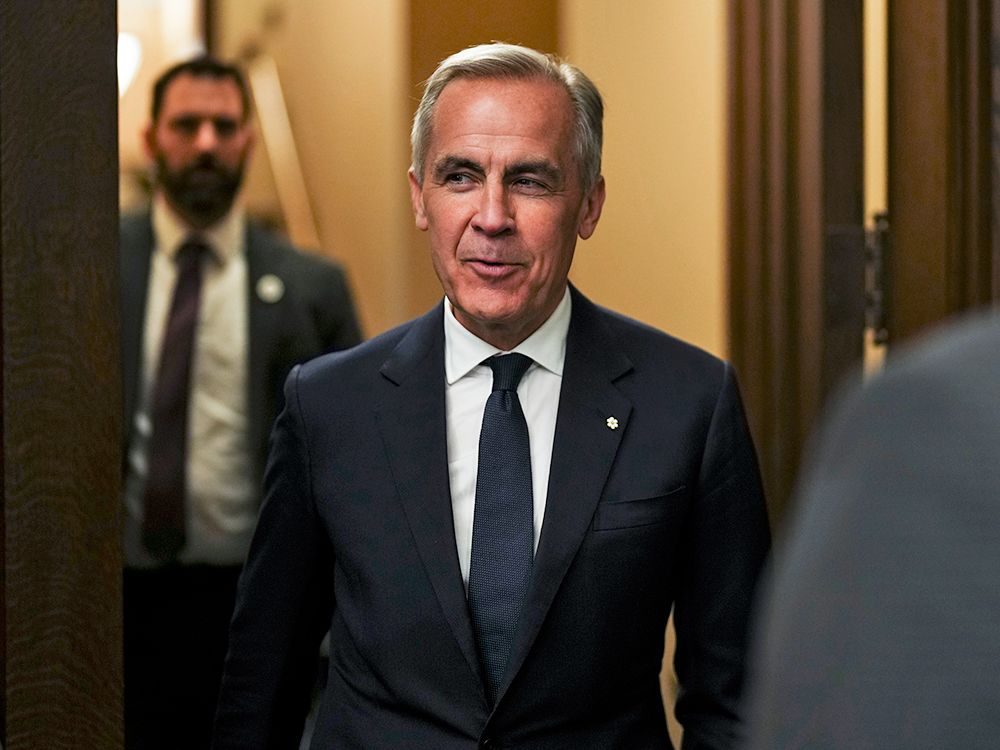Personal Information Collected by Political Parties
End of inserted block
Definition of personal information
Start of inserted block
446.1 In sections 446.2 to 446.4, personal information means information about an identifiable individual.
End of inserted block
Purpose
Start of inserted block
446.2 The purpose of the provisions of this Act related to the protection of personal information, including the provisions of this subdivision, is to provide for a national, uniform, exclusive and complete regime applicable to registered parties and eligible parties respecting their activities in relation to personal information, including the collection, use, disclosure, retention and disposal of personal information.
End of inserted block
Activities in relation to personal information
Start of inserted block
446.3 In order to participate in public affairs by endorsing one or more of its members as candidates and supporting their election, any registered party or eligible party, as well as any person or entity acting on the party’s behalf, including the party’s candidates, electoral district associations, officers, agents, employees, volunteers and representatives, may, subject to this Act and any other applicable federal Act, carry out any activities in relation to personal information, including the collection, use, disclosure, retention and disposal of personal information in accordance with the party’s policy for the protection of personal information.
End of inserted block
Provincial or territorial Act
Start of inserted block
446.4 (1) When participating in public affairs by endorsing one or more of its members as candidates and supporting their election, a registered party or eligible party, as well as any person or entity acting on the party’s behalf, including the party’s candidates, electoral district associations, officers, agents, employees, volunteers and representatives, cannot be required to comply with an Act of a province or territory that regulates activities in relation to personal information, including the collection, use, disclosure, retention and disposal of personal information, unless the party’s policy for the protection of personal information provides otherwise.
End of inserted block
For greater certainty
Start of inserted block
(2) For greater certainty, the registered party, eligible party or person or entity acting on the party’s behalf cannot be required to provide access to personal information or provide information relating to personal information under its control or to correct — or receive, adjudicate or annotate requests to correct — personal information or omissions in personal information under its control.
End of inserted block
Policy for the protection of personal information
Start of inserted block
446.5 (1) A registered party or eligible party, as well as any person or entity acting on the party’s behalf, including the party’s candidates, electoral district associations, officers, agents, employees, volunteers and representatives, must comply with the party’s policy for the protection of personal information.
End of inserted block
Clarification
Start of inserted block
(2) For greater certainty, a person or entity referred to in subsection (1) that fails to comply with the policy referred to in that subsection contravenes that subsection and commits a violation referred to in section 508.1.
End of inserted block
Required contents
Start of inserted block
446.6 The policy for the protection of personal information of a registered party or of an eligible party must be publicly available in both official languages, be written in plain language and
(a) designate a privacy officer who is responsible for overseeing the party’s compliance with the policy;
(b) include the name and contact information of the privacy officer;
(c) state the types of personal information in relation to which the party carries out its activities;
(d) explain, using illustrative examples, how the party carries out its activities in relation to personal information, such as by indicating whether it does so online or through the use of cookies; and
(e) describe the training related to the protection of personal information that is offered to the party’s employees and volunteers who may have access to the personal information that is under its control.
End of inserted block
Meetings relating to protecting personal information
Start of inserted block
446.7 The Chief Electoral Officer shall hold at least one meeting each calendar year relating to the protection of personal information by registered parties and eligible parties.
End of inserted block
48 Section 446.1 of the Act is repealed

nationalpost.com


